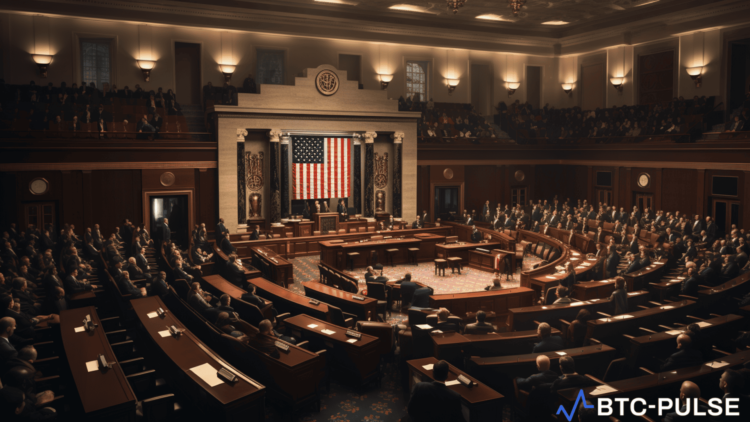Introduction
The U.S. House of Representatives is set to vote on the Financial Innovation and Technology for the 21st Century Act (HR 4763), commonly known as the FIT21 Act, by the end of this month. This legislation aims to establish clear regulatory guidelines for digital assets, addressing the roles of the Securities and Exchange Commission (SEC) and the Commodity Futures Trading Commission (CFTC).
Defining Regulatory Responsibilities
Clarifying SEC and CFTC Roles
According to a letter from a16z, the FIT21 Act seeks to delineate the responsibilities of the SEC and the CFTC in regulating cryptocurrencies. By creating a clear regulatory framework, the bill aims to reduce ambiguity and foster a more predictable environment for digital asset innovation.
Addressing Decentralization and Jurisdictional Overlaps
Despite some industry concerns about stringent decentralization requirements and potential overlaps between SEC and CFTC jurisdictions, the bill is viewed as a crucial step toward regulatory clarity. It proposes to classify digital assets based on the level of decentralization of their underlying blockchain, determining whether they fall under SEC regulation as securities or CFTC regulation as commodities.
Bipartisan Support and Legislative Progress
Backing from Key Committees
The FIT21 Act has garnered bipartisan support and backing from both the House Committee on Financial Services and the House Committee on Agriculture. This support underscores the bill’s importance in addressing regulatory uncertainties that have plagued the crypto industry.
Consumer Protection Measures
In addition to defining regulatory responsibilities, the FIT21 Act proposes several consumer protection measures for crypto exchanges. These measures include separating customer funds, imposing lock-up periods for token insiders, and establishing disclosure requirements to enhance transparency and security.
Ongoing Regulatory Uncertainty
SEC’s Enforcement Actions
The ongoing regulatory uncertainty in the U.S. has seen the SEC take on the role of primary regulator for the crypto industry, initiating multiple enforcement actions against crypto-related firms. High-profile lawsuits against exchanges like Coinbase and Binance exemplify the SEC’s aggressive stance.
Industry Pushback
In response to the SEC’s enforcement actions, industry players have pushed back. Coinbase has argued that the SEC’s classification of cryptocurrencies on its platform as securities is an overreach, while Binance’s CEO has cited significant operational disruptions due to banking institutions withdrawing support in the wake of SEC’s lawsuit.
Ripple’s Legal Battle
Ripple continues to fight the SEC, with its case now in the remedies phase. The broader crypto community has expressed frustration over the regulatory landscape, calling for clearer and more consistent rules.
Legislative Outlook
Importance of FIT21 Act
House Financial Services Committee Chairman Patrick McHenry has emphasized the significance of the FIT21 Act in resolving longstanding regulatory ambiguities. With a vote expected by the end of the month, the legislation could mark a pivotal moment for the future of cryptocurrency regulation in the U.S.
Conclusion
The upcoming vote on the FIT21 Act represents a critical step towards establishing a coherent regulatory framework for digital assets in the United States. By clarifying the roles of the SEC and CFTC and introducing consumer protection measures, the bill aims to foster a more stable and transparent environment for the crypto industry.










